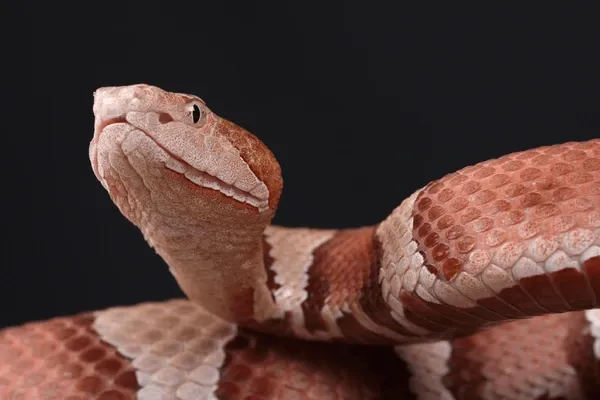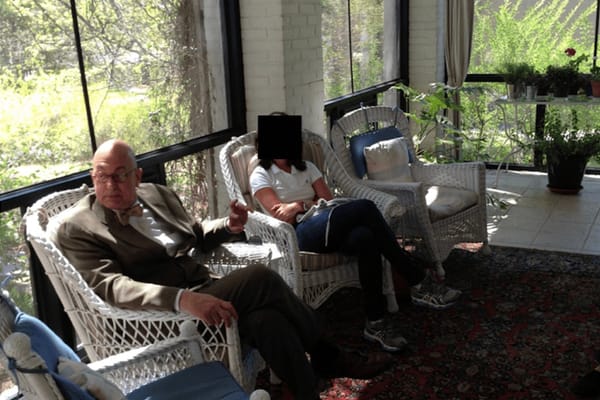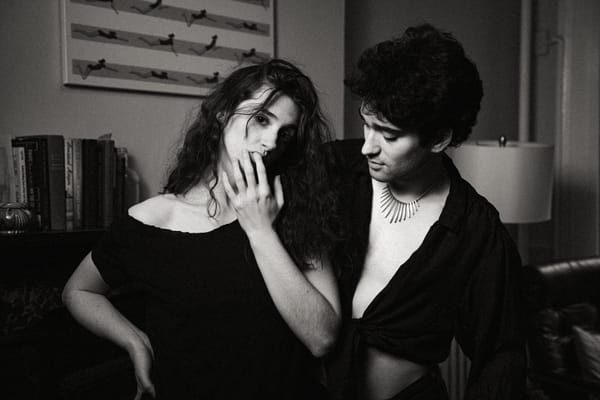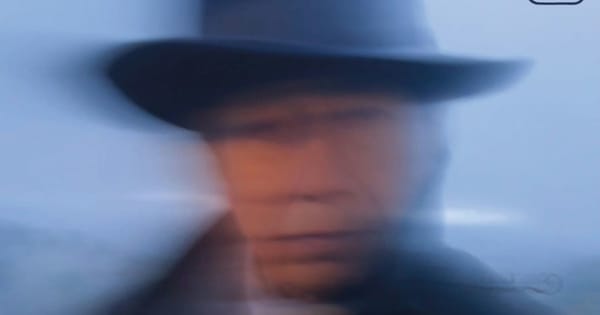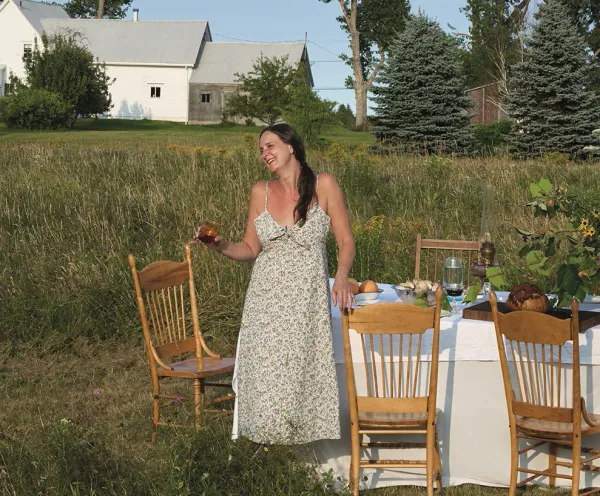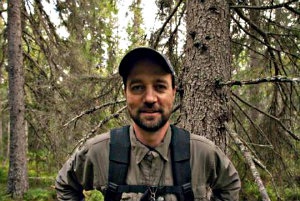
Erik Hoffner is a freelance photojournalist and writer. He is also the outreach coordinator for the non-profit environmental/nature magazine, Orion. Hoffner has lived all over the country and has traveled extensively across the world. He is a regular blogger/contributor for Grist and his photography now appears in an exhibit at Galerie Giroux (at Griffin in Great Barrington) detailing his travels to Poland — for World Ark magazine — to chronicle the struggle to reinvigorate native livestock breeds. Recently Hoffner returned from a week-long (by train) trip to Washington D.C. as a guest speaker to the first-ever Food Tank conference. RI’s Nichole Dupont chats with Hoffner about starvation food, Poland and saving ourselves one cow at a time. ND: Where is the place you call home, where did you spend your childhood? EH: My hometown is on the easternmost tip of Long Island, believe it or not. When I was growing up there, it was very rural. There were nothing but potato farms, clam diggers and beaches and marshes in every direction. Every summer day my sister and I would spend gathering clams, oysters, crabs, fish…you name it. My mother was a pastry chef and she had a garden. Every day out there was a smorgasbord feast pretty much. ND: So, you were a forager from the beginning. EH: Oh, without a doubt. I’m big on wild food. I’m an opportunivore. I’ve been having a blast with this Hunter/Gatherer series. There’s so much reverence for what the earth can provide. We’ve been duck hunting in Boston Harbor and I'm going to meet with a guy who makes acorn flour. You need to soak them and then let them dry for a while, and since he's a farmer, it's a winter activity. He's in the Pioneer Valley. ND: What can you find around here, especially this time of year? Is there even anything to forage for? Besides ice! EH: Ground nuts. They’re like peanuts and they’re long and vining. They’re not actually nuts. They’re tubers. They’re native to this area. The Native Americans referred to them as starvation food. You can roast them. And they’re so pretty. [Tamara Dean] did a story on them about five years ago for Orion and it is still one of the most actively commented on articles. It’s amazing people still have a lot to contribute to the conversation about groundnuts. ND: People are pretty passionate these days about their food. What was the crowd like at the Food Tank conference?
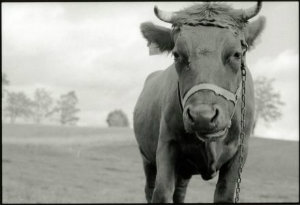
Photo by Erik Hoffner.
EH: Everyone from the food movement. Chefs, farmers, environmentalists, everyone — we’re really starting to see it get going. The conference was sold out on the day they announced it. They were live streaming it and 15,000 people tuned in. That says a lot. There’s so many things involved when we talk about food. If you care about all kinds of issues — there’s a food link everywhere. ND: What’s the link in Poland? Why should people care about what’s happening with heritage breeds and livestock there? EH: Something like 22 percent of Poles are engaged on the farm, but very few make a living at it. When Poland was ‘behind the Iron Curtain’ the Communist government told farmers what to grow and raise and as a result the native breeds were nearly decimated. The Polish Red Cow is a very versatile animal that’s independent — doesn’t need special foods or shots, has short stubby legs to navigate the rocky landscape. It’s perfect for the long dark winters there. As of two decades ago, there were only 150 left. But why? They’re built for that place. Bringing back this breed is giving farmers a new revenue stream and something else to talk about. It’s giving them a new narrative and they can be proud of their heritage. ND: Sounds a lot like what is happening in this region with food and farming. EH: Absolutely. Look at Berkshire Grown and Berkshire Farm & Table. ND: What’s the next project for you? EH: I’m going to keep going with the Hunter/Gatherer series. That’s really exciting to me. I'll be interviewing […] Tom Colicchio again next week or the week after. When I saw him at Food Tank we agreed to do another conversation about what's new for the food movement since [last] February. Colicchio is so great, a real straight shooter and food policy advocate who knows how to get things done.

